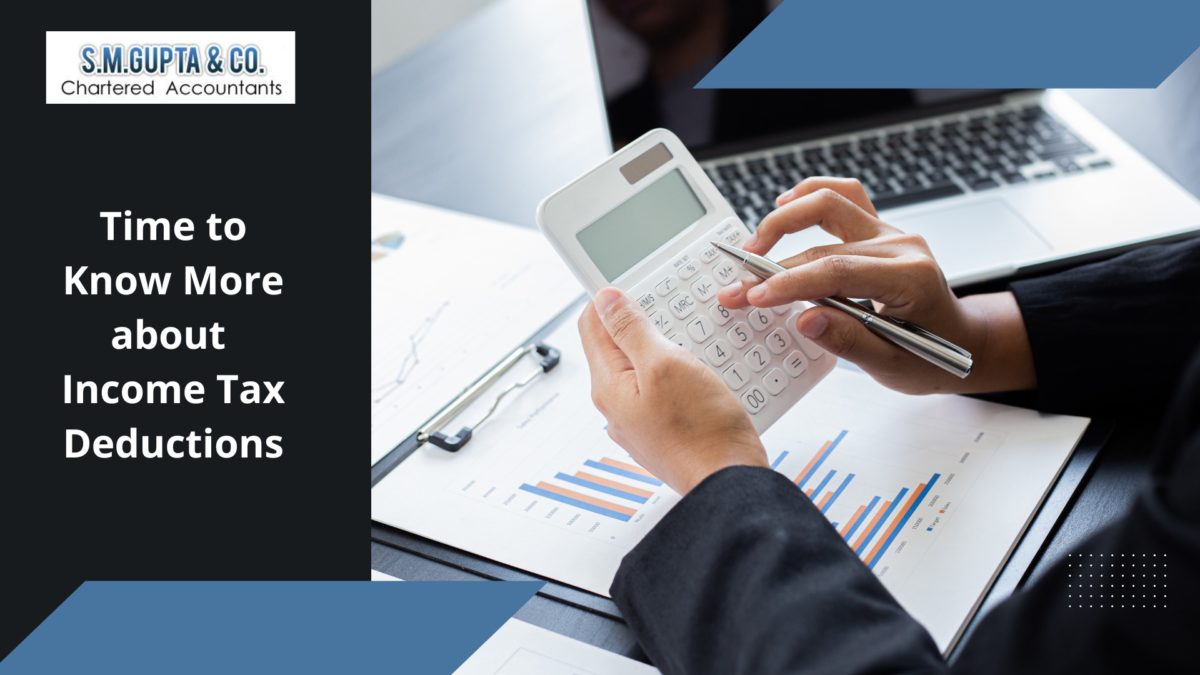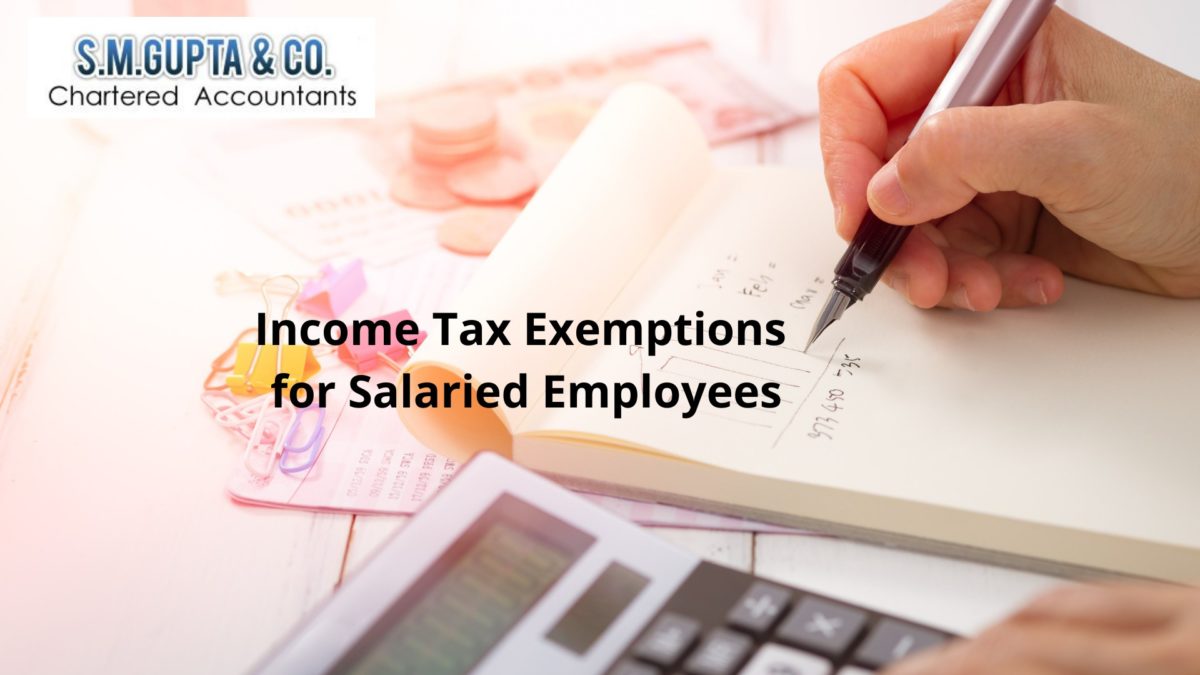Filing income tax annually is a necessary task that every individual follows. Whether you are a salaried employee or a business owner, the rules remain the same. You can be assured of saving up a large sum when you pay your taxes strategically.
About Tax Deductions:
If you are looking to reduce the total sum of payable tax, tax deductions can act as a saviour. All you need is to invest your money wisely in various sources to reduce your overall tax liability. The amount of saved tax may vary according to the tax benefit type chosen by you.
In this blog, you will learn more about tax deductions mentioned under the Income Tax Act of India, 1961.
Details about Tax Deductions:
You need to collaborate with a well known income tax advisor in Kolkata to know the strategic ways of saving on your total taxable amount. Tax deductions come to your benefit in two ways. Firstly, you save a large sum on your tax money. Secondly, you invest your money in multiple avenues, most of which are social security programmes.
Difference between Tax Deduction and Tax Exemption:
It is worth noting that a tax deduction is very different from a tax exemption. You get different types of tax relief in tax exemption and may pay the taxable amount at a reduced rate. On the other hand, a tax deduction is a strategic move that can help you lower the total payable amount. Here are some benefits of tax deductions:
- You pay a lower amount on your taxes by claiming a tax deduction.
- You can invest the amount received from a tax deduction in other fields.
- You can get benefits of tax deductions on various expenditures. These include tuition fees, medical costs and donations to charitable organisations.
Investments for Claiming Tax Deductions:
Various strategic expenditures help you save on the total tax amount. These are clearly mentioned by the Income Tax Act of India. You can find various useful options for a tax deduction.
- Public Provident Fund
- National Savings Certificate
- Fixed Deposits in Banks
- Senior Citizen Saving Schemes
- Unit Linked Insurance Plans
- EMIs on Home Loans
- Stamp Duty Registration Charges
To get an in-depth knowledge of ways to deduct your taxes, take help from SM Gupta & Company. We have a team of expert income tax advisors in Kolkata. You can get insights about useful ways to lower your tax liability from us. We cater to the needs of individuals and businesses alike. Contact us today for more details.






